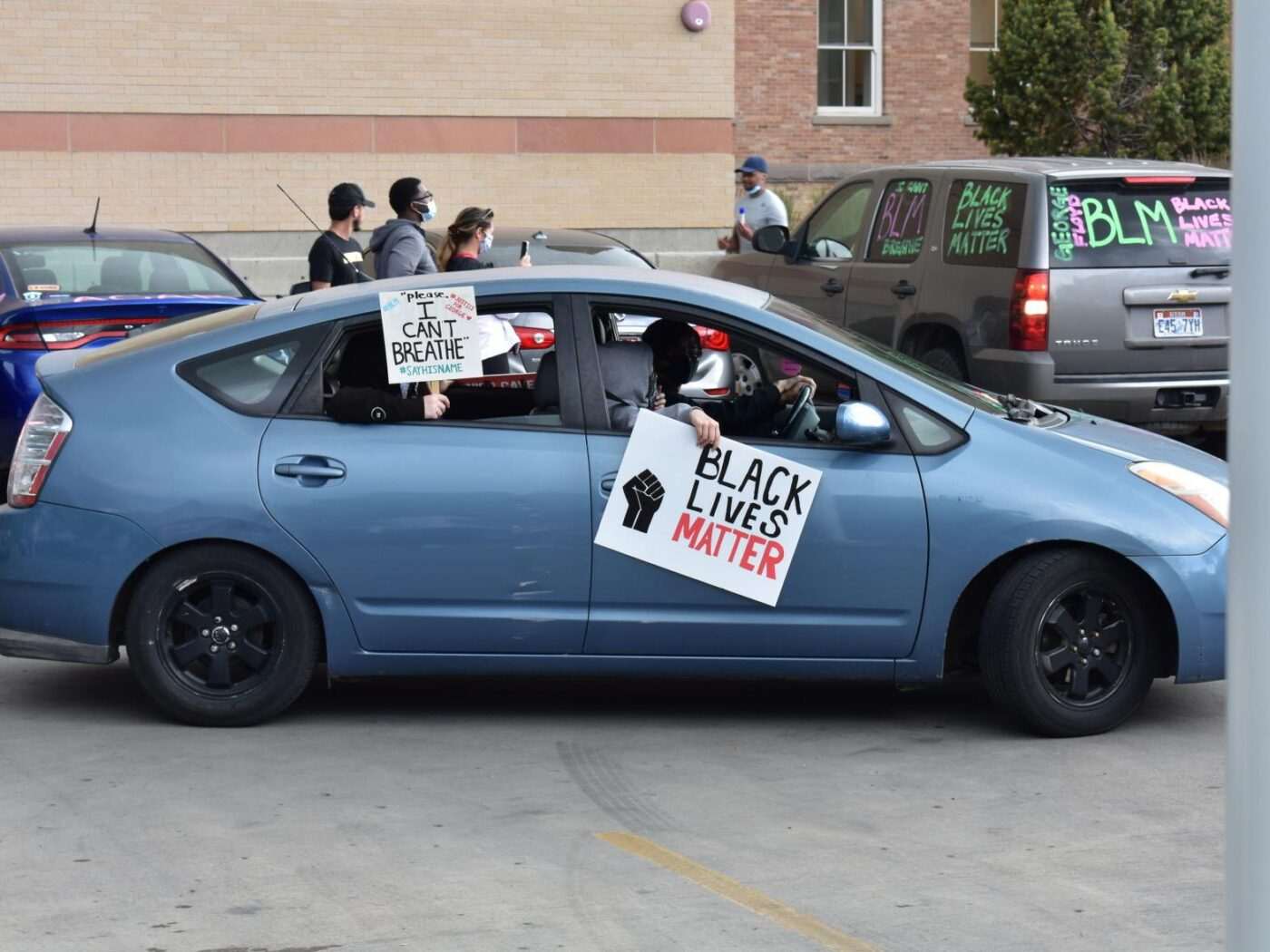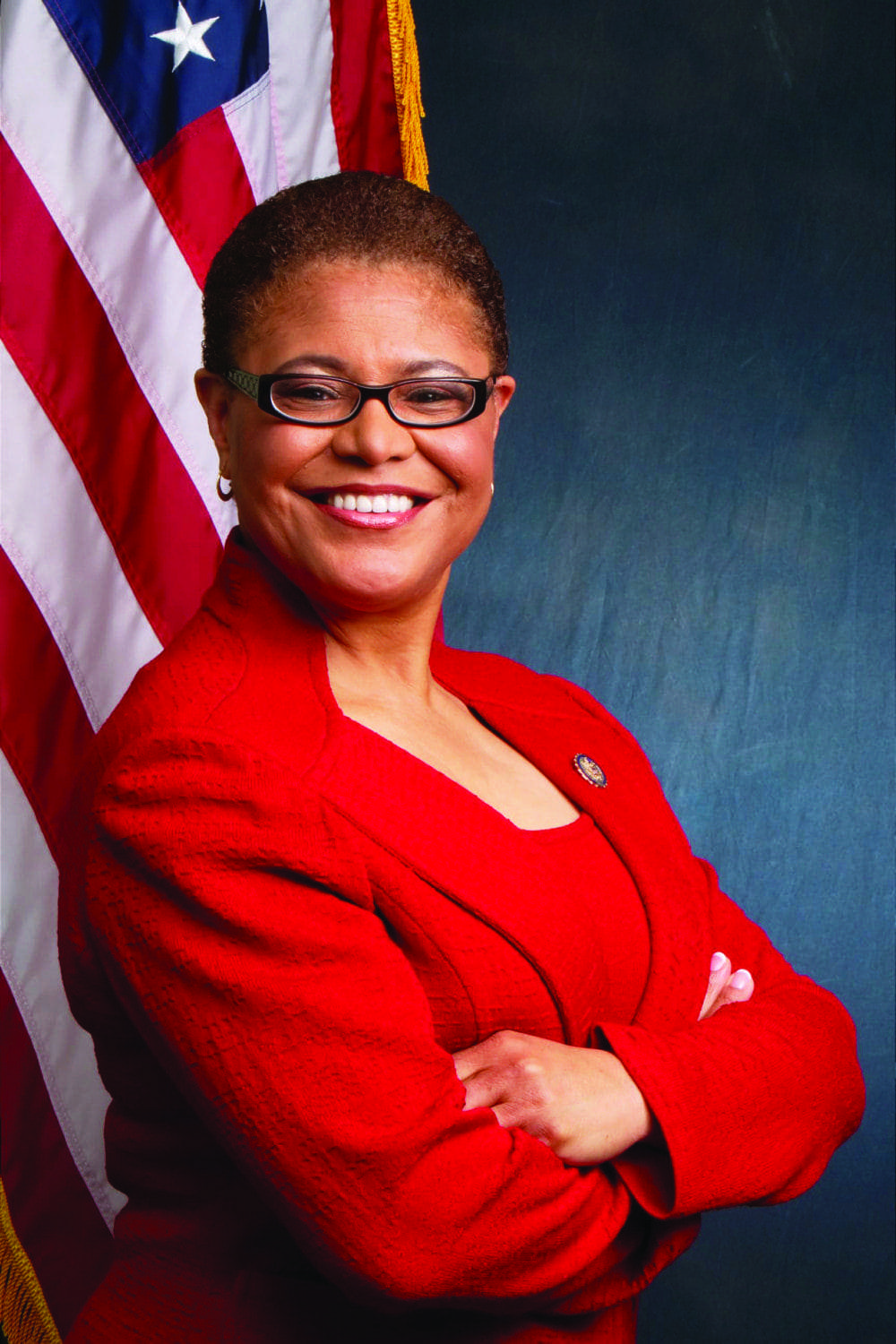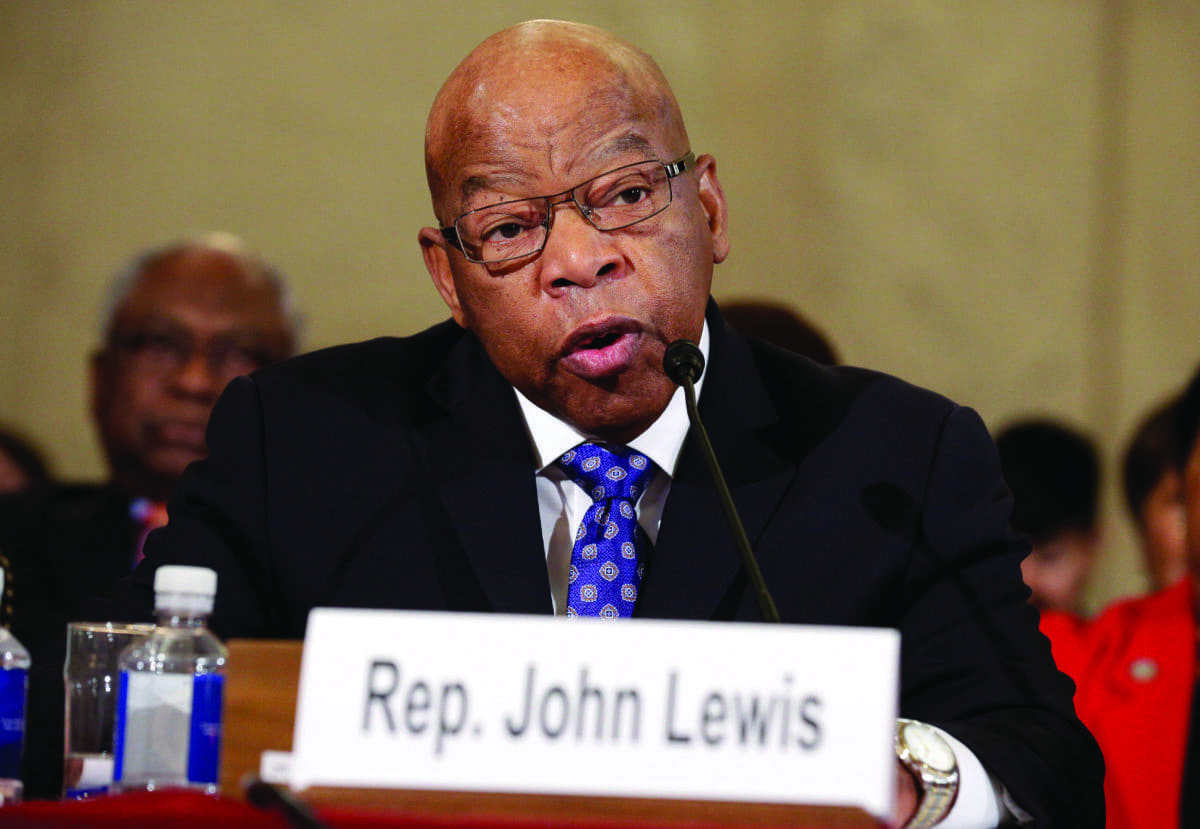
by Wanda Sabir
Happy Juneteenth or Black People’s Liberation Day, June 19, 1865! Stay strong folks and be safe. Happy Birthday to the June Geminis and the Cancers. Fists up to the youth who are leaders in this Movement for Racial Justice and their parents who raised them righteous. Don’t forget to keep the physical distancing, wear your masks, wash your hands often and keep your hands out of your face. For our brothers and sisters behind the wall in steel cages, we have not forgotten you.
Protest in a Pandemic, A COVID-19 Response
Event: Black Lives Matter – Vehicular Hands Around Lake Merritt: An Elder Response June 5-Nov. 6, 2020
Where: Get in your car and join MAAFA SF Bay Area and Wanda’s Picks in a Vehicular Hands Around Lake Merritt, first and third Fridays at 12 p.m. beginning Friday, June 5 and June 19-Nov. 6. Meet in your car, on the lake side, across the street from Our Lady of Lourdes Church, 2808 Lakeshore Ave., Oakland, CA 94610.
We need 1,247 cars to cover the 17,952 feet (3.4 miles), the distance around the lake.
Who: Everyone, especially people 55+, people with disabilities, people who are high risk.
Honor and Celebrate Black Lives FIRST & THIRD FRIDAYS, June 5 & June 19, July 3 & July 17-Nov. 6, 12 p.m. at Lake Merritt. Facebook.com.
To prepare: Make signs with SIMPLE MESSAGING. BE CREATIVE. If you are directly impacted by police violence, list your names. Also list the names of Bay Area citizens and others killed by police. Police have killed 400 people to date, according to the Washington Post. For the Bay Area, see the East Bay Times.
Suggested sign messages: Prosecute Derek Chauvin, Thomas Lane, J.A. Kueng and Tou Thao; George Floyd, Aṣẹ; No Justice, No Peace; The Future Is Black; 8 Mins. 46 Secs; Black Men Can’t Breathe; Check Your Racism; Check Your Whiteness; I Love Being Black; Blackness Is Not the Problem; Organize, Organize, Organize; Black Lives Matter; Say It Loud: I’m Black and I’m Proud!; Structural Racism Is Real; Register to Vote & Vote; No More Police State; Fists Up for Black Lives; Black People Count: Complete the 2020 Census; Breathe with Me.
Put the name of organizations you are affiliated with on your car signs so bystanders can join the movement. We will have a soundtrack. We will make one revolution starting at Our Lady of Lourdes Church, we will creep around the lake slowing traffic – 5 miles an hour. For information, call Ms. Sabir, 510-255-5579 or email racewoman@gmail.com.
This Vehicular Hands around Lake Merritt needs your commitment. Tell 20 friends and if you can’t come, send a substitute.
Goal: Link with other COVID-19-safe protests for Black lives. We can share resources and want to let everyone know about the Movement for Black Lives.
Fourth Sunday, MAAFA Virtual Village Townhall
The next fourth Sunday MAAFA Virtual Village Townhall is June 28, 5-7 p.m. PT in Zoom. It is a Black Space, that is, only African Diaspora identified persons are invited. For information and if you’d like to attend, visit Facebook.com/maafabayarea; maafasfbayarea.com@gmail.com or 510-255-5579. Host: MAAFASFBayArea.com (see blog link for details).
Sunday, May 24, the day before Africa Day, African Liberation Day (and Memorial Day), George Floyd was killed. Mama Earth is certainly speaking to us – distancing, sheltering in place – going within literally when we add a “curfew.”
At the MAAFA Virtual Townhall, we continued our conversations that day on ancestors, with Ava Square-LeVias, director of “Sacred Space,” a film about the work of Queen Ifa Sade Hollins, founder, Earthlodge Center for Transformation in Los Angeles. Hollins says: “SACRED SPACE is not outside of ourselves. SACRED SPACE is within. It is a space that we hold in a place of reverence. SACRED SPACE comes from the inside out.” Ava’s workshop was a continuation of April’s reflection on ancestor altars with focus on the “ancestor staff.” The presenter shared two of hers and one of the participants shared his with me later.
We had two smaller group sessions May 24, one where participants shared a song that made them smile or brought them joy; the second was a sharing of grounding practices. How do you commit to your body and stay present in it?
This second breakout followed acapella (with small percussion) musical meditation with Bisola Marignay. She performed McCoy Tyner’s “Contemplation” (1967) arranged by Jean and Doug Carn (1973).
Māhealani Uchiyama, master teacher, scholar, taught us a hula called “Aumākua” in our closing workshop. The word “aumākua” is the Hawaiian word for “ancestors.” See https://www.mahea.com/.
Ann Marie Davis was prepared to share two poems: “Ourselves Walking” and “We Are the Universe,” but we ran out of time. Visit annmariedavis.com.
We concluded with Ajuana Black’s “Keep Walkin’,” our theme for May 24. We find inspiration from African Ancestors who kept walking, so we can keep walking.
House Judiciary Hearing on Racial Profiling, Police Brutality

Wednesday, June 10, 2020 at 10:00 a.m. ET, the House Judiciary Committee will hold a hearing to examine the crisis of racial profiling, police brutality and lost trust between police departments and the communities they serve. Witnesses to be announced. Location: Congressional Auditorium, U.S. Capitol Visitors Center, Washington, D.C. Livestream: The hearing will stream live here.
Rep. Karen Bass, D-California, Congressional Black Caucus Chair and House Judiciary Crime Subcommittee Chair, released the following statement:
“Our nation needs Congress to act. This is our moral moment – we must look at legislation to address laws that shield police officers from ever being accountable. We must address the structural conflicts of interest. We must create a database so that abusive law enforcement officers lose the privilege of being an officer anywhere, not just in a given precinct. For years, we have introduced legislation addressing police brutality. This hearing is our next step in implementing change to our system. “
Film review: ‘John Lewis: Good Trouble,’ a film by Dawn Porter, 96 minutes, 1.85, USA, 2020
Congressman John Robert Lewis is such a presence on the American landscape. He has lived long enough to have a perspective in his lived life few can match. From an early age, he has been a person who is fearless when it comes to justice. However, unlike many heroes, Rep. Lewis would intentionally get in the way, his body sacrificed for rights many nations see as fundamental for all its citizens.
Lewis is the youngest child in a family that owned its own land in Troy, Alabama, at a time when Black people in the South sharecropped. Not skilled in cotton picking, Lewis’s siblings speak in a new film, “John Lewis: Good Trouble,” of pulling their brother along on their sacks as they walked the rows of cotton. Lewis says that he didn’t want to spend his life picking cotton and excelled in school. He says in the film that he had excellent teachers who taught him the value of reading every day.
“Good Trouble” is the story of a key strategist, John Lewis, in Dr. Martin Luther King Jr.’s army. Rep. Lewis spoke at the first March on Washington, at that time in his early 20s. He also led the march across Pettis Bridge in Selma, where he suffered a severe concussion. Bloody Sunday, as the day was afterward called, exposed to the country and world the plight of African Americans. Lewis says that when he lost his fear that day, he was truly free.
Harvard scholar Dr. Henry Louis Gates Jr. shares with Rep. Lewis the story when his great-grandfather registered to vote in 1857 before such rights were taken away. It wasn’t until Rep. Lewis’s generation that his family had its civil rights restored. Rep. Lewis replies, “I guess it’s in my DNA.” This work, which began officially at 15 years old, continues now that the Congressman is 80. Lewis says proudly, “I got arrested 40 times, five times in Congress. I’ll probably get arrested again. When you see something that isn’t right – do something.”
If the catalyst for the Civil Rights Movement was the murder of Emmett Till, this young Black boy on Mrs. Rosa Parks’s mind when she refused to give up her seat a year later in Montgomery, then George Floyd’s horrific killing has set off the still simmering keg beneath unaddressed inequities and structural injustices, legal terrorism and historic violence against Black people. One cannot legislate love; however, if the laws are not enforced, such injustices continue and continue and continue.

Figurative and literal fires are burning; however, it is a rage that produces lasting change that we need to focus on now. “Good Trouble” highlights Rep. Lewis as an intelligent strategist who, despite disagreement with legislative opponents, always maintains a level of decency and conscience (that some people might say, they don’t deserve). Lewis was there when the Voting Rights Act was signed into law; he was also present when Supreme Court put the VRA on life support seven years ago.
There are many amazing moments in this remarkably well-crafted film, such as his campaign support for Georgia Rep. Stacey Abrams in her run for the governor seat, Elijah Cummings, D-Maryland, to whom the film is dedicated, and Civil Rights Movement giant Congressmen James Clyburn, D-S.C.
Newly inaugurated Congresspersons in 2019 who speak about Rep. Lewis’s influence on them – in Rep. Rashida Tlaib’s, D-Mich., case, as a child – are also a high point in the wonderful film. Congresswomen Alexandria Ocasio-Cortez. D-N.Y., Ayanna Pressley, D-Mass., and Ilhan Omar, D-Minn., are featured along with several former presidents, among them Jimmy Carter, with whom Lewis cut his political organizing teeth.
In an interview with Lonnie G. Bunch III, secretary of the Smithsonian, and founding director of the National Museum of African American History and Culture, the Godfather of the Smithsonian’s NMAAHC sits with (if we are to continue this analogy) his son, at the reflection pool, water cascading down in front of them. Lewis signed the legislation responsible for its completion (2003-2016).
The skilled director weaves a story those persons peripheral to Rep. Lewis’s inner circle do not know. His 60+ years of service are amazing – Lewis also appears amazed as the director’s team surrounds Lewis (seated in a studio) with larger than life-size photos of key moments in his life, people, events, some tragic others poignant and sweet. It is a freestyle moment where we see the congressman dancing theoretically and philosophically.
We see footage of Lewis with incumbent Rep. Julian Bond, whose Congressional seat the freshman politician from Georgia won working earlier together during Freedom Summer voter registration.
The film opens for viewing July 3, perfect timing. Around the country and the world, youth and adults are, as Lewis would put it, making “Good Trouble.” Visit https://www.johnlewisgoodtrouble.com/.
Bay View Arts Editor Wanda Sabir can be reached at wanda@wandaspicks.com. Visit her website at www.wandaspicks.com throughout the month for updates to Wanda’s Picks, her blog, photos and Wanda’s Picks Radio. Her shows are streamed live Wednesdays and Fridays at 8 a.m., can be heard by phone at 347-237-4610 and are archived at http://www.blogtalkradio.com/wandas-picks.





